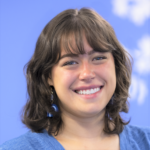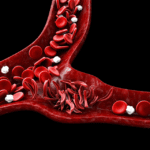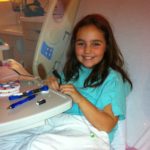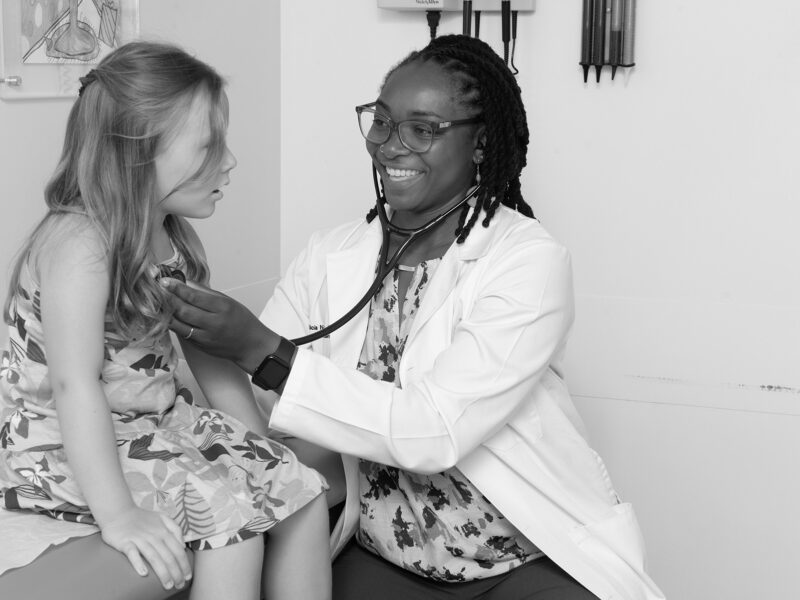Unique Approach Helps Child Neurology Residents Improve Communication Skills
Unique Approach Helps Child Neurology Residents Improve Communication Skills https://pediatricsnationwide.org/wp-content/themes/corpus/images/empty/thumbnail.jpg 150 150 Natalie Wilson Natalie Wilson https://pediatricsnationwide.org/wp-content/uploads/2021/06/Natalieheadshot3-2.png- July 09, 2021
- Natalie Wilson
More than 75% of residents said the opportunity to receive direct feedback from standardized patients, faculty and peers during simulated patient encounters was a valuable addition to their medical education.
Teaching residents how to be sensitive, supportive, clear and thorough as they communicate complex information to patients and families is an essential part of medical training for all specialists, including child neurologists. Neurological disorders such as epilepsy and cerebral palsy are complicated, progressive, without cure and create significant physical and mental disabilities for patients, who often face varied prognoses. Whether patients’ care teams can communicate effectively with them has a significant impact on their ability to comprehend and cope with their conditions and the challenges they face.
A team of researchers led by Dara Albert, DO, MEd, and Margie Ream, MD, PhD, associate director and director of the Child Neurology Residency program at Nationwide Children’s Hospital, respectively, and Pedro Weisleder, MD, PhD, a program faculty member, recently became the first to demonstrate how an objective structured clinical exam (OSCE) — a tool that allows for the practice and assessment of skills through realistic clinical simulations — can effectively help child neurology residents examine how they communicate with patients. While previous research supported the use of OSCEs with adult neurology residents and in medical school education, their use with child neurology residents had not yet been investigated.
For the study, highlighted in publications in MedEdPORTAL and Pediatric Neurology, the authors developed OSCEs consisting of nine simulated cases of varying levels of complexity and difficulty and tested them.
“These simulations offer a safe space for residents to practice difficult conversations and receive direct feedback from ‘patients.’ This feedback isn’t typical in real clinical scenarios, yet it’s critical to understanding how we are perceived as medical providers,” says Dr. Albert, who is also medical director of the multi-disciplinary Psychogenic Nonepileptic Events Clinic in the Epilepsy Center and co-director of the Clinical Neurophysiology Fellowship at Nationwide Children’s.
Cases included neonatal, child and adolescent patients reporting acute stroke, new onset epilepsy, Tourette syndrome, migraine headaches, developmental delays, psychogenic nonepileptic events, severe hypoxic ischemic encephalopathy and more, as well as clinical challenges including negative diagnostic investigations and the disclosure of a previous medical error. These cases were designed to elicit the breadth of common but difficult conversations child neurologists must navigate, including those during which they might not have all the answers.
The OSCE was administered annually over three consecutive academic years, and 16 neurology residents of all postgraduate years participated. Each OSCE consisted of three timed simulations based on the cases, during which standardized patients (SPs) played either the parents of pediatric patients or adolescent patients themselves. Over 75% of participants found the experience notably useful to their education. Nearly all residents who participated reported that they thought the case portrayals were realistic.
After each encounter, SPs provided unstructured verbal feedback to the participating trainees. Faculty and SP(s), as well as the residents themselves, also completed a modified Gap-Kalamazoo Communication Skills Assessment Form electronically to provide additional comments.
Nearly all residents described this direct feedback from the perspective of patients and families to be the most valuable part of the OSCEs.
“As a result of our findings, we will continue the OSCE program at Nationwide Children’s and may look to expand the experience with additional cases or additional methods of feedback,” says Dr. Albert. “We believe all trainees would benefit from this type of experience and hope other programs consider implementing OSCEs to provide similar opportunities for their residents.”
References:
- Ream M, Albert DVF, Lash T, Verbeck N, Weisleder P. Improving child neurology residents’ communication skills through objective structured clinical exams. MedEdPORTAL. 2021 Mar 4;17:11120.
- Albert DVF, Ream M, Verbeck N, Lash T, Weisleder P. An objective structured clinical examination of communication skills for child neurology residents. Pediatric Neurology. 2021 Jan;114:68-74.
About the author
Natalie is a passionate and enthusiastic writer working to highlight the groundbreaking research of the incredible faculty and staff across Nationwide Children's Hospital and the Abigail Wexner Research Institute. Her work at Nationwide Children's marries her past interests and experiences with her passion for helping children thrive and a long-held scientific curiosity that dates back to competing in the Jefferson Lab Science Bowl in middle school. Natalie holds a bachelor’s degree in sociology from Wake Forest University, as well as minors in women's, gender & sexuality studies and interdisciplinary writing. As an undergraduate student, Natalie studied writing and journalism, engaged with anthropological and sociological research with a focus on race and ethnic relations, served as executive editor for the student newspaper, the Old Gold & Black, and gained marketing experience as an intern for a nonprofit entrepreneurial incubator, Winston Starts, as well as by working for Wake Forest University School of Law Office of Communication and Public Relations and its Innocence and Justice Clinic.
-
Natalie Wilsonhttps://pediatricsnationwide.org/author/natalie-wilson/
-
Natalie Wilsonhttps://pediatricsnationwide.org/author/natalie-wilson/
-
Natalie Wilsonhttps://pediatricsnationwide.org/author/natalie-wilson/
-
Natalie Wilsonhttps://pediatricsnationwide.org/author/natalie-wilson/
- Post Tags:
- Medical Education
- Neurology
- Residency
- Posted In:
- In Brief










